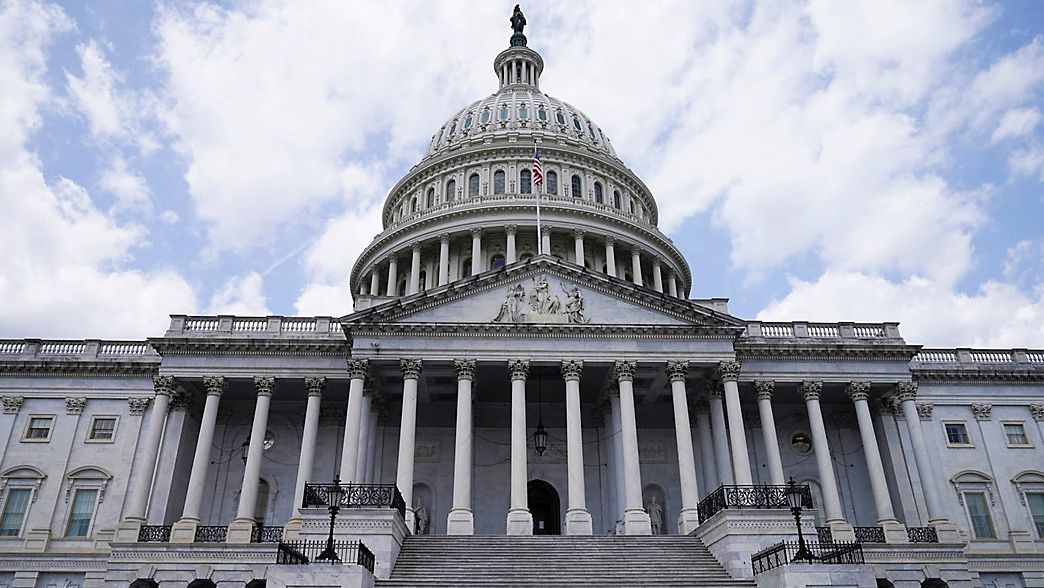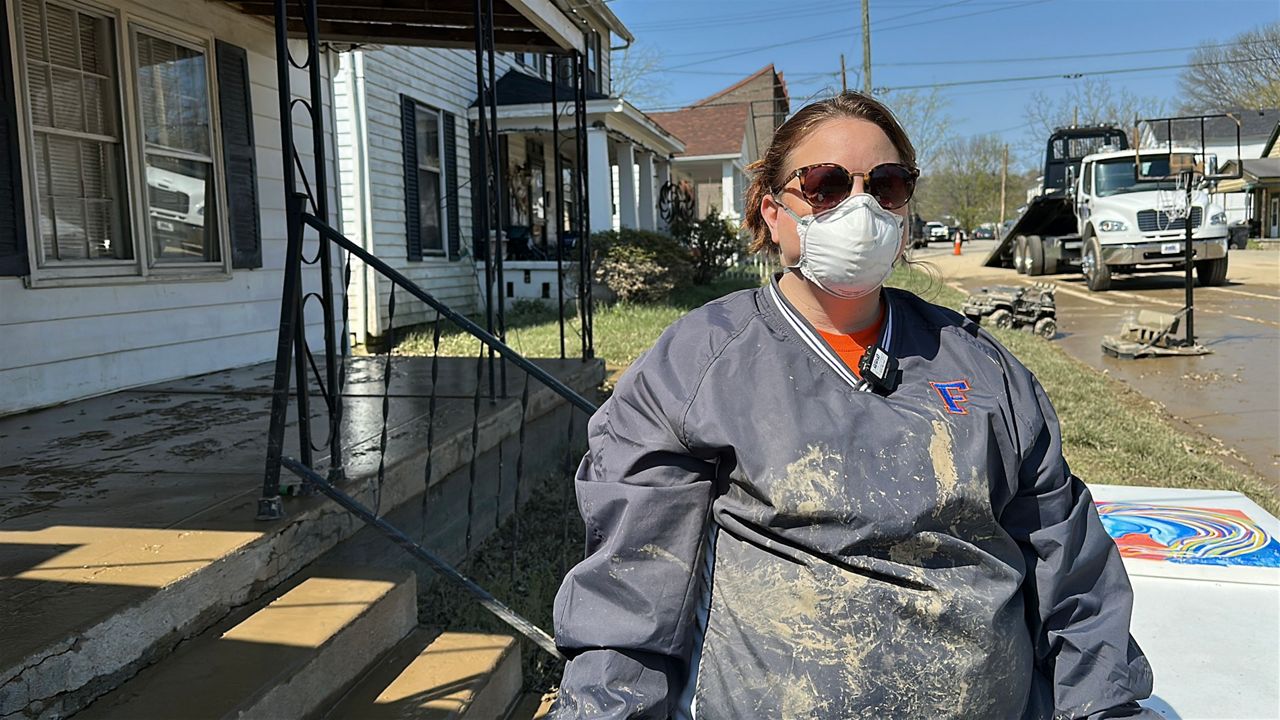LOUISVILLE, Ky. — The Federal Eviction Moratorium that has been protecting tenants from eviction for the last ten months expired Saturday night. According to the latest Census Bureau data, more than 7 million households are behind on rent.
What You Need To Know
- The Federal Eviction Moratorium ended at midnight on July 31
- According to the latest Census Bureau data more than 7 million households are behind on rent
- Kentucky renters in need can still get help from local nonprofits and the Healthy at Home Eviction Relief Fund
- Rebattisons Community Development is a nonprofit organization with the vision to redefine affordable living through the creation of firm foundations where communities will get opportunities to explore their full potential
“There's been a lot of time for folks to prepare so there's two ways you can look at it you can say they had a lot of time to prepare and they should have their affairs in order, or we can look at it and say we should be alarmed that with given as much time as they've had, they haven't been able to pull together the resources to satisfy their housing situation,” said Waymen Eddings, executive director of Rebatissons Community Development.
Waymen Eddings, a West Louisville native and advocate for affordable housing, knows first-hand what tenants have been experiencing.
“I’ve lived in all types of housing, from housing projects which are government subsidized military barracks to midscale suburban apartments and I got to tell you when you wake up in a safe and comfortable home, it has a lot to do with your quality of life. It has a lot to do with your outlook on your community,” Eddings said.
As the executive director of Rebattisons Community Development, a nonprofit organization founded a year ago, the vision is to redefine affordable living through the creation of firm foundations where communities will get opportunities to explore their full potential.
Eddings strives to redefine affordable housing and rebuild communities.
“There are far too few units in the Jefferson County area by some reports as many as 40,000 affordable housing are needed to satisfy the demand,” Eddings said. “In West Louisville particular and parts of the downtown area there are vacant and abandoned properties that absolutely are a clutter on the residential economy down there and that is a big challenge going forward – not only for the government but also for the community at large.”
The CDC put the moratorium in place last September to help economic hardships and to prevent further spread of COVID-19 by putting a stop to homelessness and overcrowding housing conditions that resulted from eviction.
With the delta variant rapidly spreading across the country, federal lawmakers on Friday tried to pass a bill to extend the order but it failed, leading to the possibility of thousands of Kentuckians being forced from their homes.
“Downtown Louisville at any night you'll see a tremendous accumulation of the homeless and I could just imagine the contagion spreading through those camps like wildfire,” Eddings said. “I think that we have go to trust our leaders, we have to follow their guidance and we have to make sure that people are in a safe and comfortable living situation, that's sanitary, that's quality and we have a major uphill battle in the state of Kentucky and the city of Louisville, especially.”
The state of Kentucky will be using the Healthy at Home Eviction Relief fund to assist tenants with rent and or utilities to keep them housed.
Although there are requirements tenant applicants must meet including living in a county outside of Fayette and Jefferson, experiencing income reduction/loss or other economic hardships as a result of the pandemic, those living with family and paying rent informally are not eligible, etc.
To apply for rental and or utility services for Louisville-Jefferson County, click here. To apply for rental and or utility services for Lexington-Fayette County, click here.










